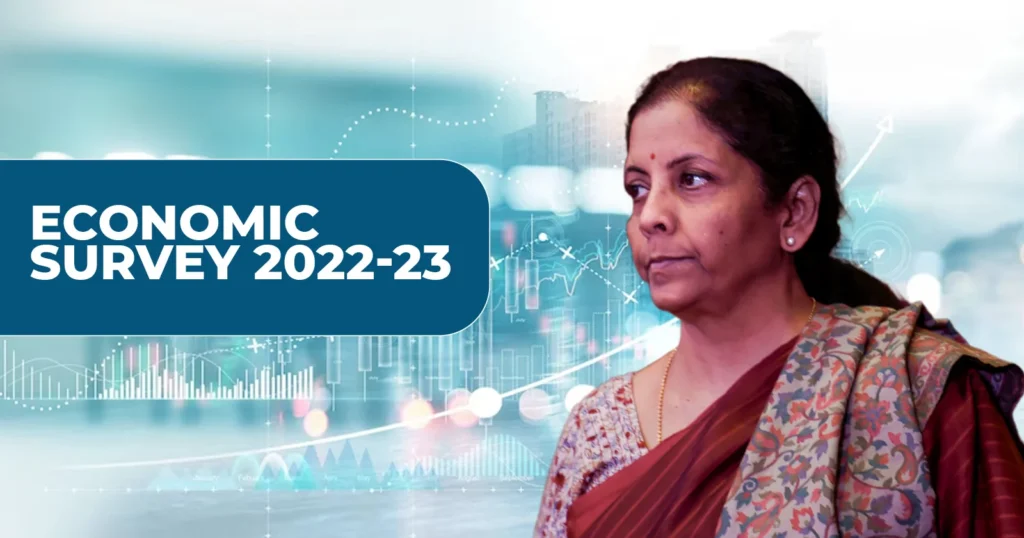
India’s Enforcement Directorate (ED) is delving into a major cryptocurrency scam involving the HPZ Token, which has roped in several prominent payment gateways like Paytm, Razorpay, PayU, and Easebuzz. The investigation has uncovered alleged misuse of these platforms to funnel illicit funds, with approximately ₹500 crore frozen in virtual accounts linked to the scam.
The HPZ Token Scam: A Multi-Crore Deception
The HPZ Token scam revolves around ten Chinese nationals accused of orchestrating a scheme that defrauded investors across 20 states in India of over ₹2,200 crore. Victims were lured through a mobile app promising lucrative returns from cryptocurrency mining. However, the ED discovered that the collected funds were sent abroad under the guise of “proceeds of crime.” Significant amounts were intercepted during bulk transfers, which typically flowed through payment gateways before reaching beneficiaries.
Payment Gateways Under Regulatory Scrutiny
As the investigation unfolds, the ED is scrutinizing whether the implicated payment gateways complied with mandatory reporting requirements, such as generating Suspicious Transaction Reports (STRs). These reports are critical for alerting regulatory bodies like the Reserve Bank of India (RBI) and the Financial Intelligence Unit (FIU) about potential illegal activities. Failure to report such transactions raises questions about the oversight mechanisms of these financial intermediaries.
Ripple Effect on Payment Gateway Stocks
The ED’s probe has had a direct impact on market sentiment. Shares of Paytm’s parent company, One97 Communications, plummeted by up to 9% as investors grappled with concerns over the investigation’s implications for the company’s reputation and operations.
Legal Developments: Fugitive Declared
Adding to the legal drama, a PMLA (Prevention of Money Laundering Act) court declared Bhupesh Arora, a key accused in the scam, a fugitive economic offender. Arora reportedly fled to Dubai in 2022, evading a non-bailable warrant. The ED has filed a comprehensive chargesheet implicating 298 individuals linked to the scam.
Implications for India’s Payment Ecosystem
This case underscores the critical need for robust regulatory frameworks and compliance within India’s financial ecosystem. As digital payment platforms grow in popularity, their role in safeguarding against illicit activities becomes increasingly vital.
The ED’s investigation serves as a wake-up call for payment gateways to strengthen their anti-money laundering (AML) measures and reinforce their commitment to transparency and accountability in financial transactions.
This blog highlights the importance of regulatory vigilance in India’s rapidly evolving financial landscape and its implications for digital payment platforms.







